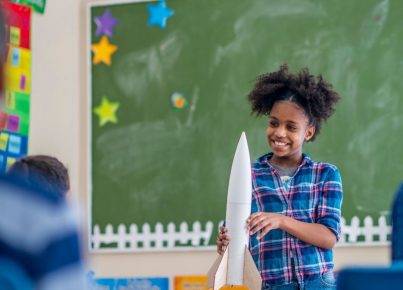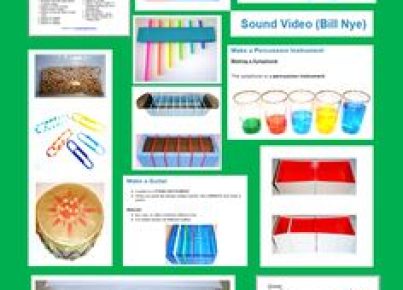Introduction
Teaching is a dynamic profession that demands constant adaptation, growth, and skill development. Striking the right balance between content knowledge, pedagogical strategies, and interpersonal skills is not only essential but can also pose a challenge for educators. Balancing the act of teaching expertise requires mastering many different aspects, all while keeping the students’ needs at the forefront. In this article, we will discuss some essential factors to consider when striving for teaching excellence.
1) Content Knowledge
Teachers must have a firm grasp on their subject matter to demonstrate their expertise effectively. Having comprehensive content knowledge serves as a solid foundation for effective teaching. Teachers should:
– Continually update and refresh their knowledge of the subject they teach
– Understand the broader context and relevance of the material
– Develop expertise in multiple disciplines to enhance their ability to make connections across subject areas
2) Pedagogical Strategies
Effective instruction hinges upon a teacher’s toolkit of pedagogical strategies. Mastering diverse teaching techniques enables educators to adapt their approach based on student needs and learning styles.
– Utilize various instructional strategies (e.g., direct instruction, inquiry-based learning)
– Employ formative assessment techniques, such as check-ins and exit tickets
– Incorporate technology, including online resources and digital tools
– Foster inclusive classroom environments that support diverse learners
3) Interpersonal Skills
Teachers interact with students on a daily basis; thus, honing their interpersonal skills can help build rapport and create positive learning environments.
– Develop empathy to genuinely understand students’ struggles and triumphs
– Cultivate patience when addressing challenging behavior or misunderstandings
– Exemplify respect for students’ individuality and unique perspectives
– Hone communication skills through active listening and clear expression
4) Professional Growth
Continual self-reflection and growth are crucial components in maintaining teaching expertise.
– Pursue professional development opportunities, including attending conferences, workshops, and online courses
– Solicit and incorporate feedback from colleagues and student evaluations
– Engage in self-assessment to recognize areas for improvement
5) Work-Life Balance
Maintaining personal and professional balance is crucial for educators to avoid burnout and remain motivated.
– Cultivate hobbies or interests that de-stress and energize you outside the classroom
– Develop a support network of fellow educators or mentors
– Set boundaries for personal time and resist the urge to constantly bring work home
Conclusion
Striking the balance needed to excel as a teacher is a complex process that involves ongoing self-reflection, growth, and adaptation. By focusing on content knowledge, pedagogical strategies, interpersonal skills, professional growth, and work-life balance, educators can move toward achieving the perfect blend of teaching expertise. It’s essential always to be committed to making a difference in students’ lives while evolving in the ever-changing educational landscape.





